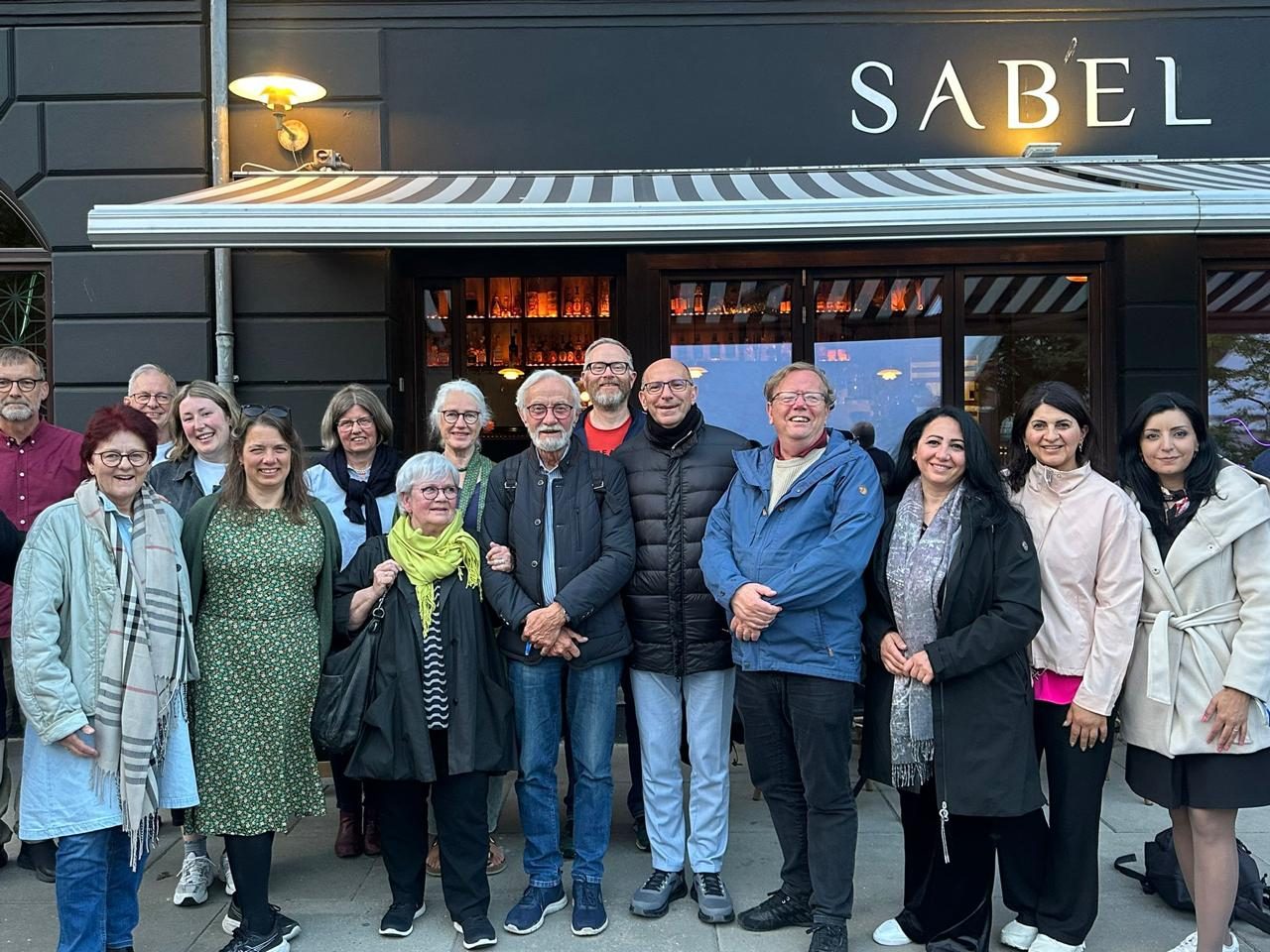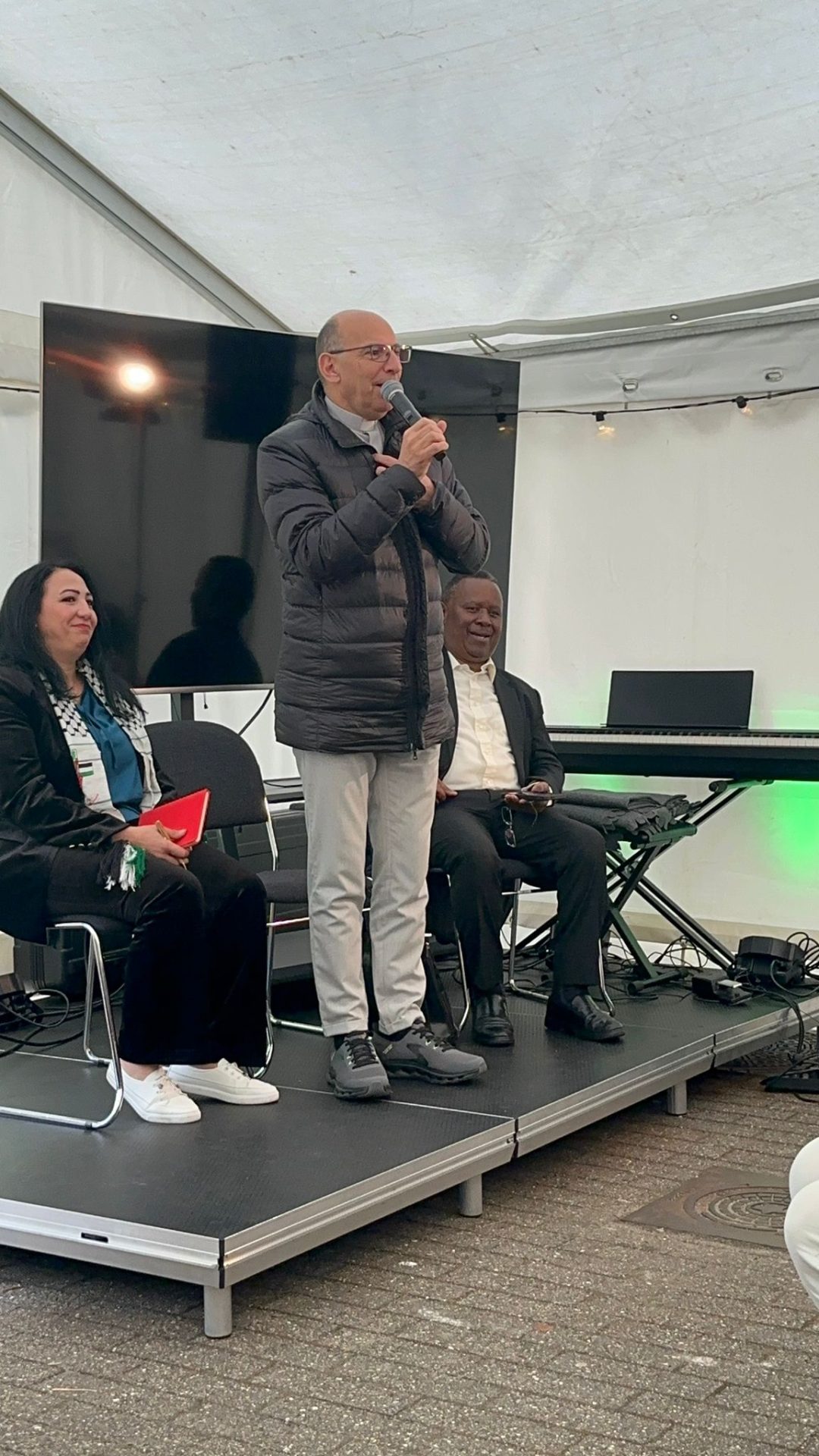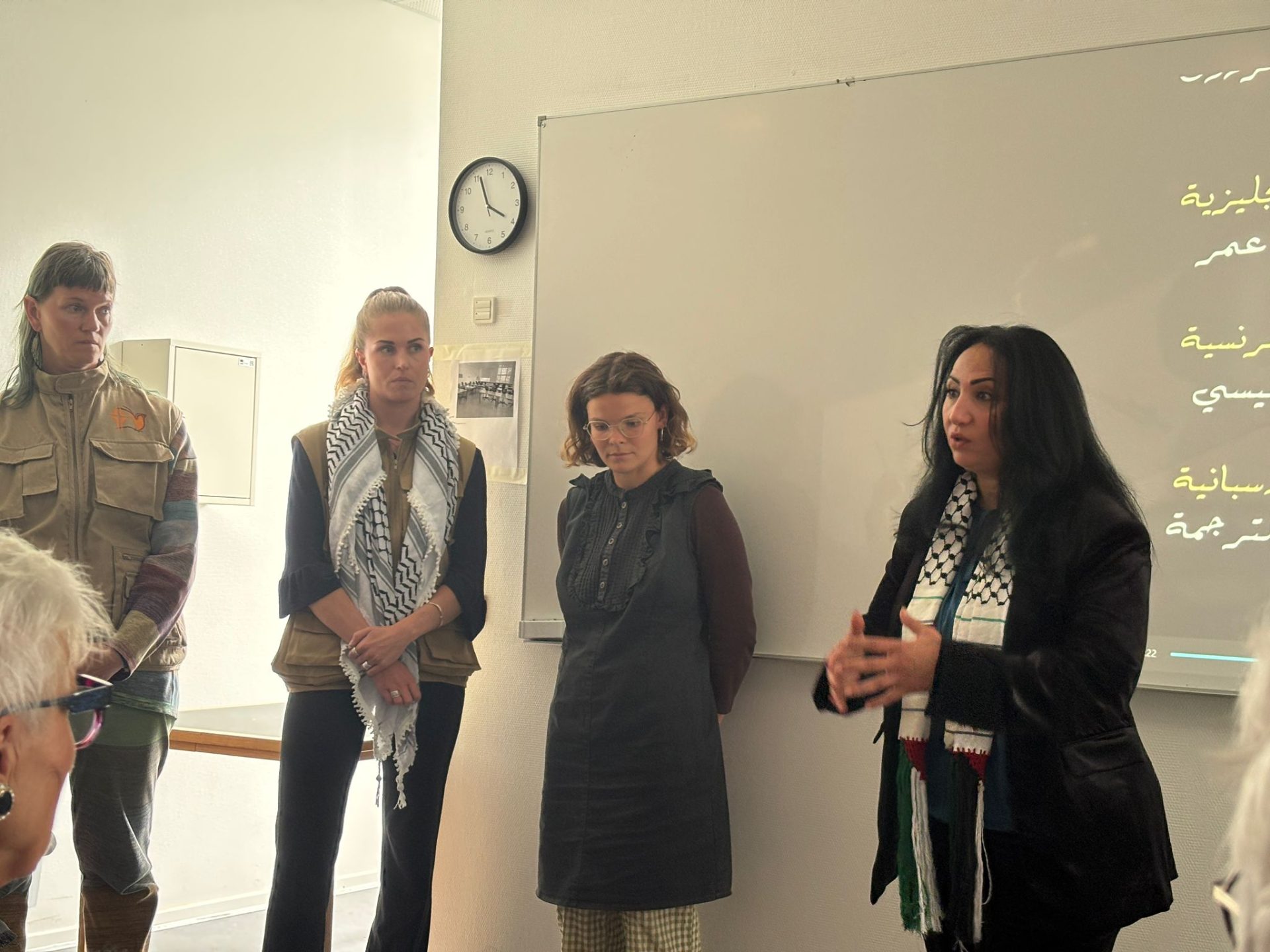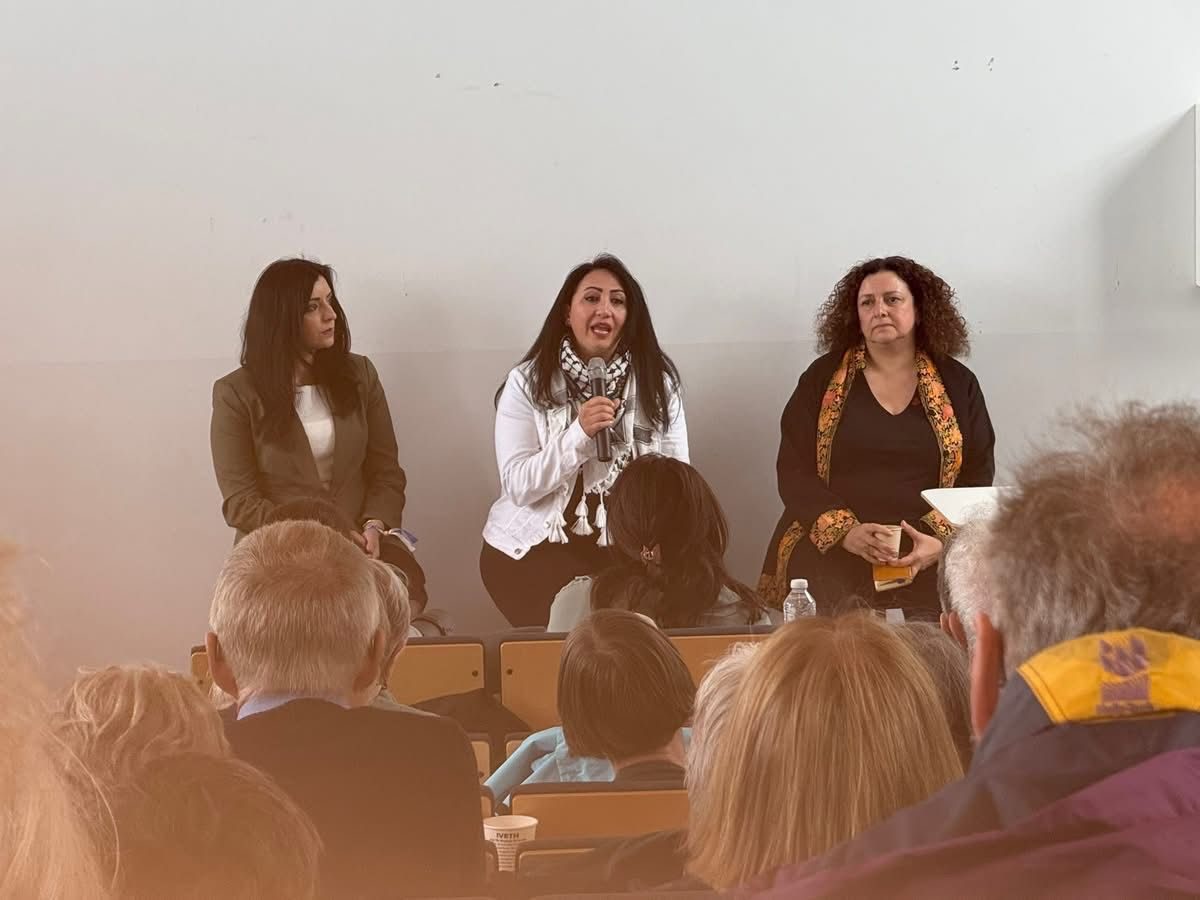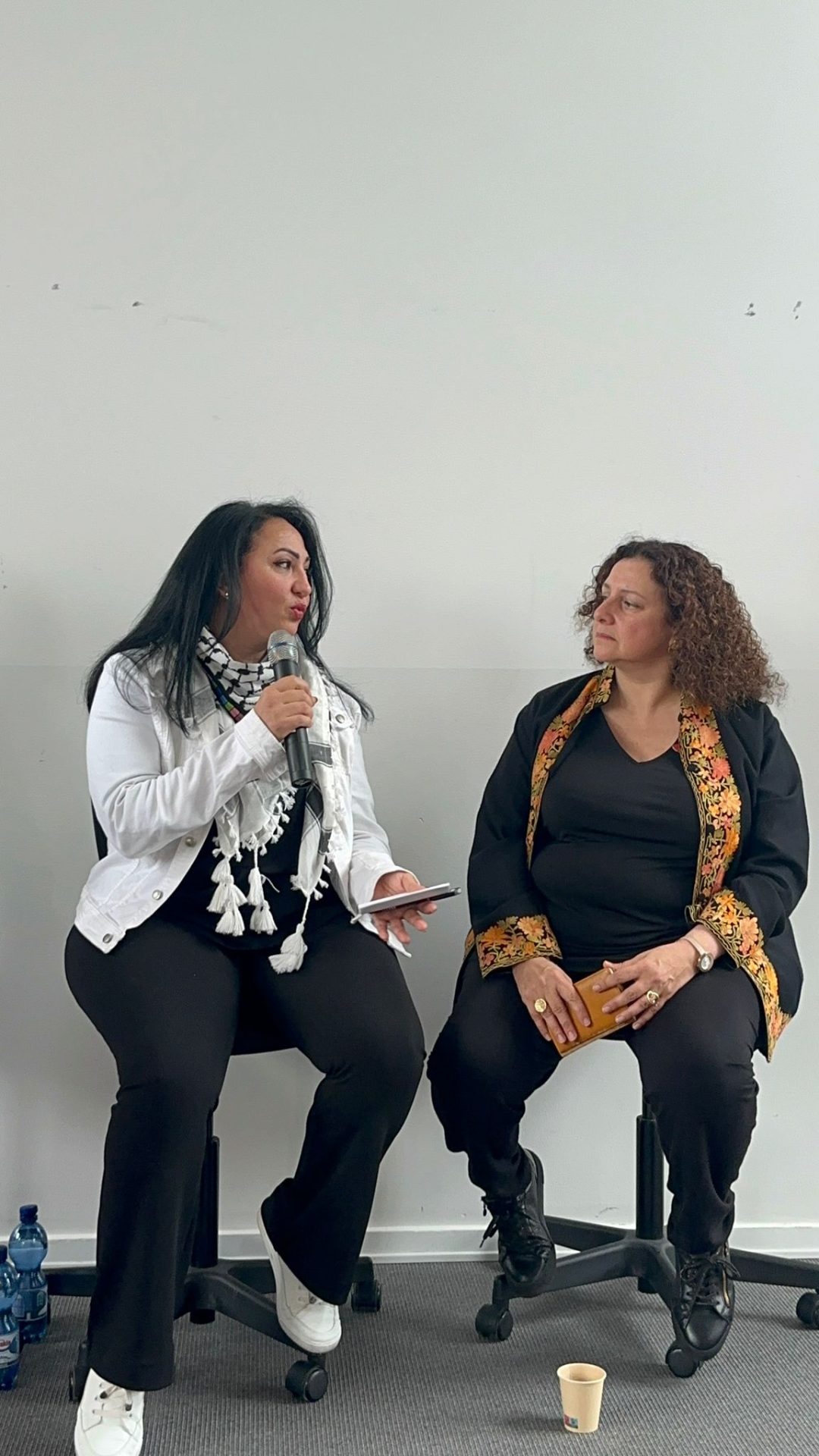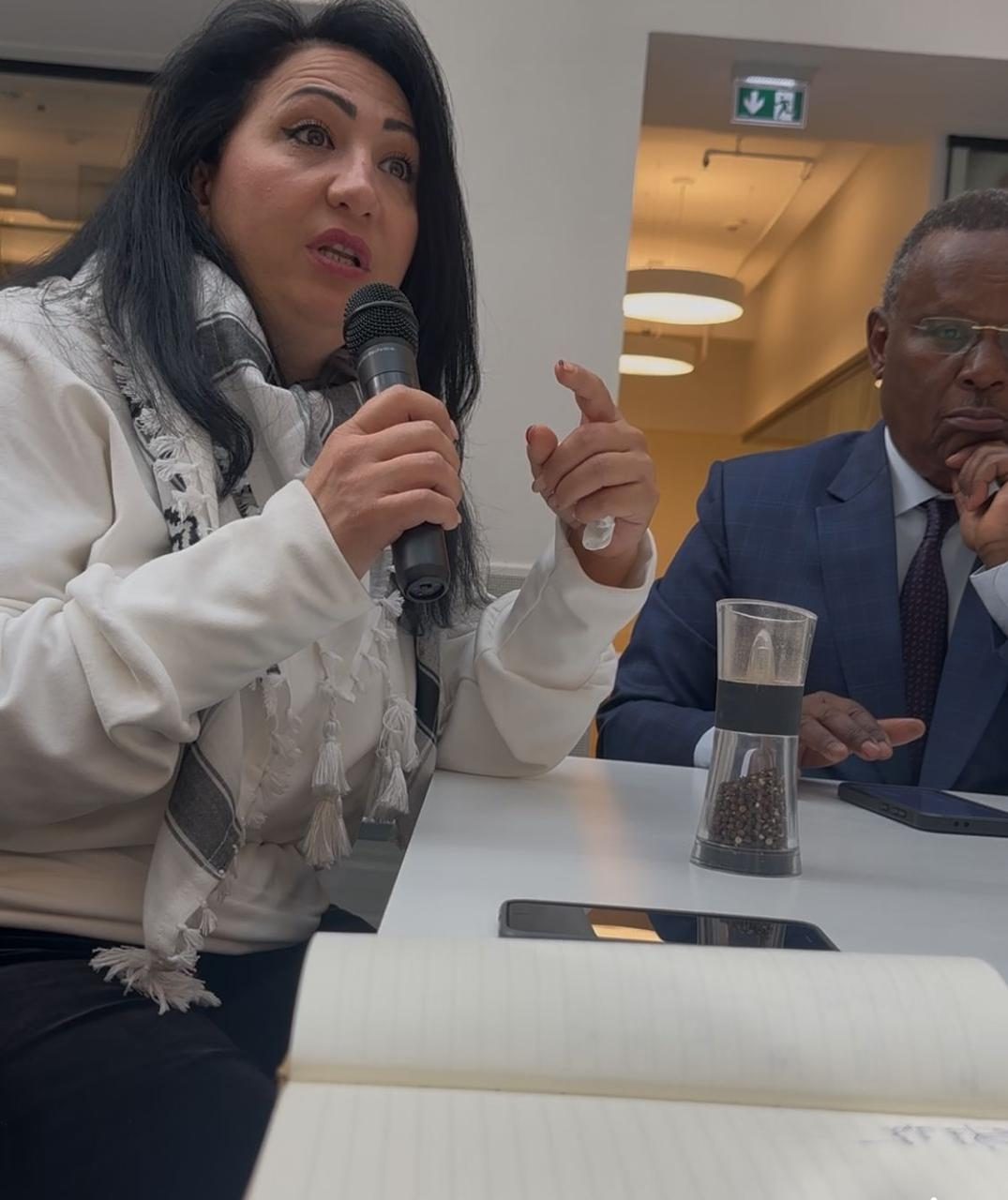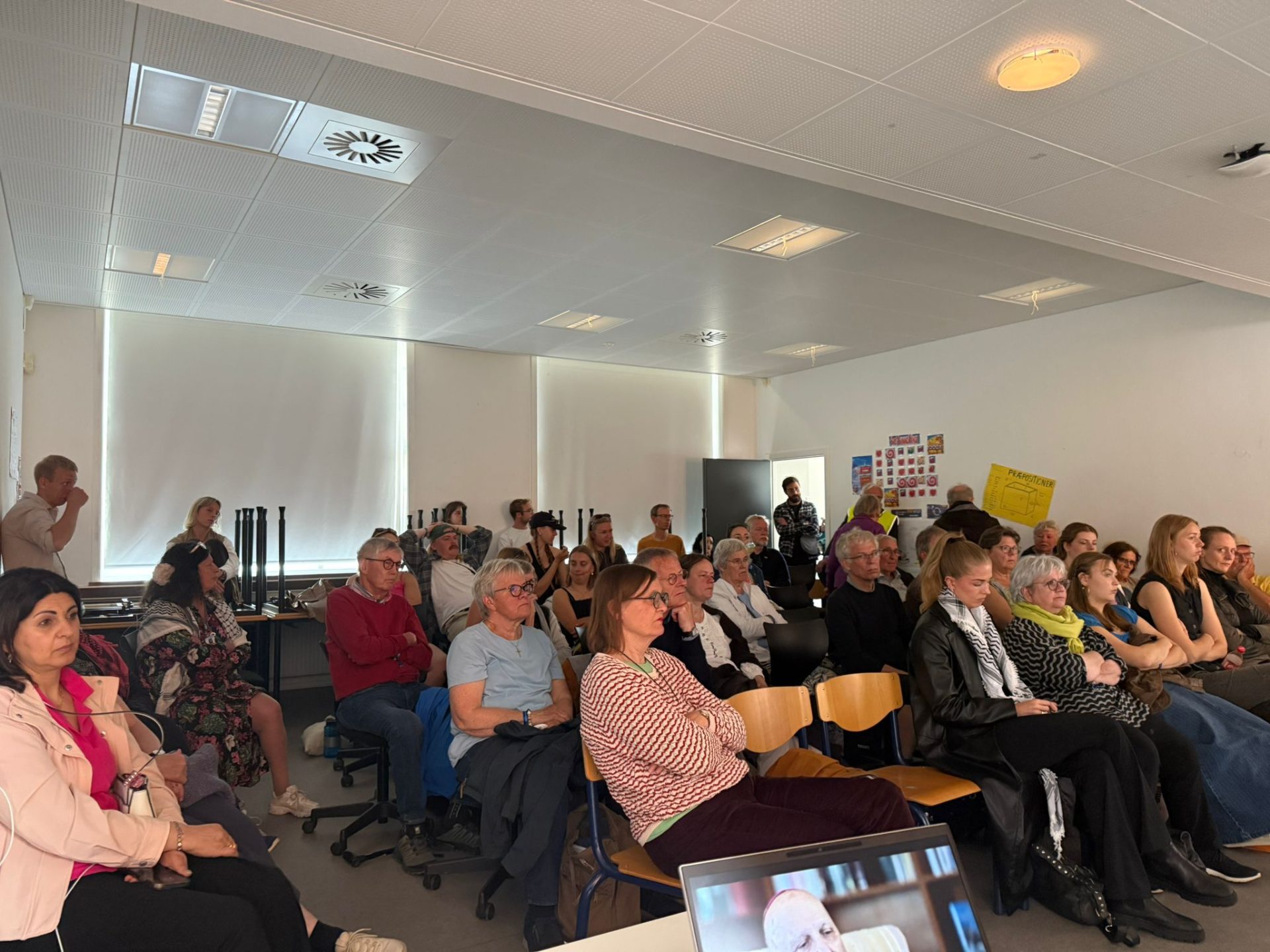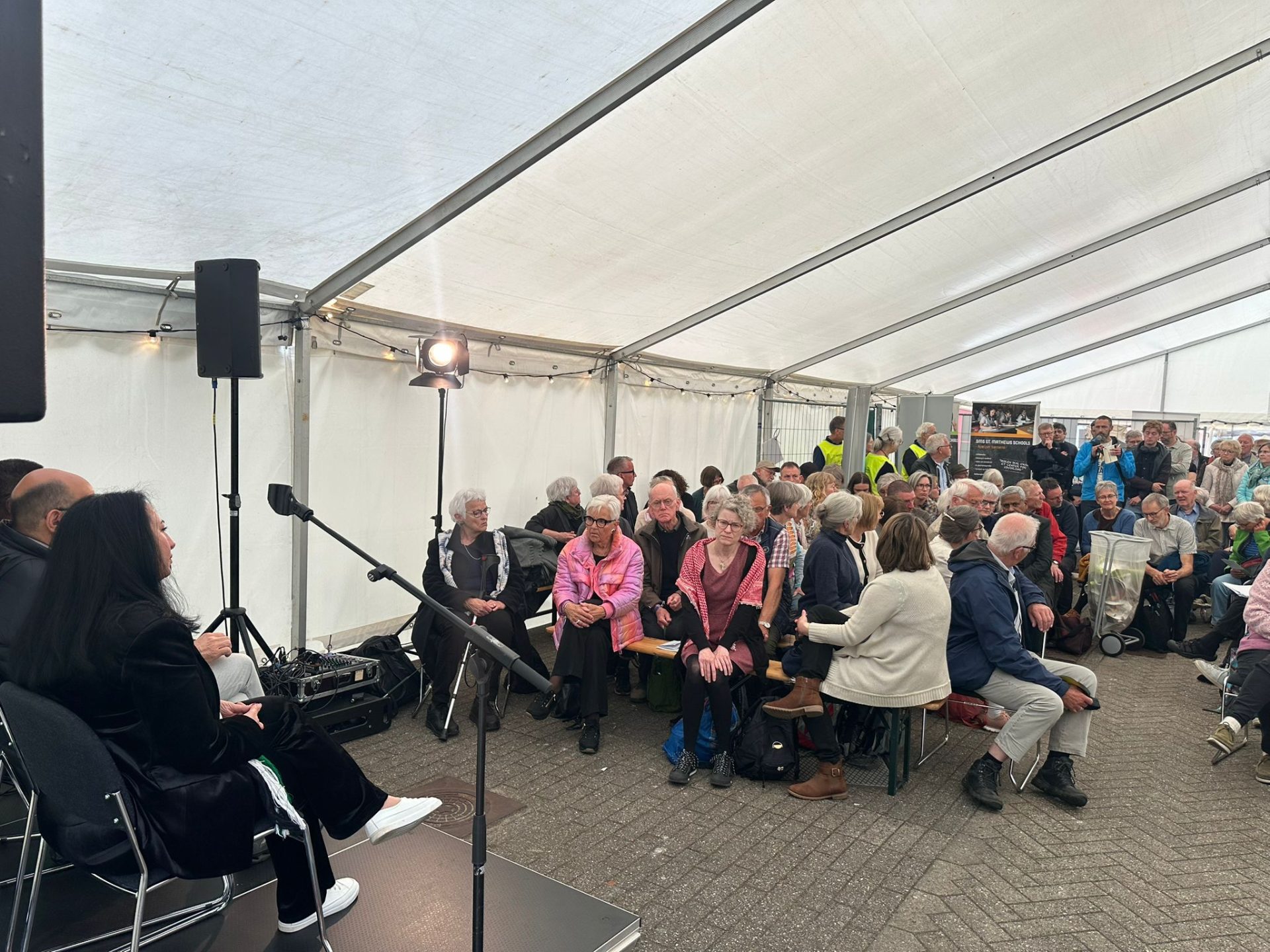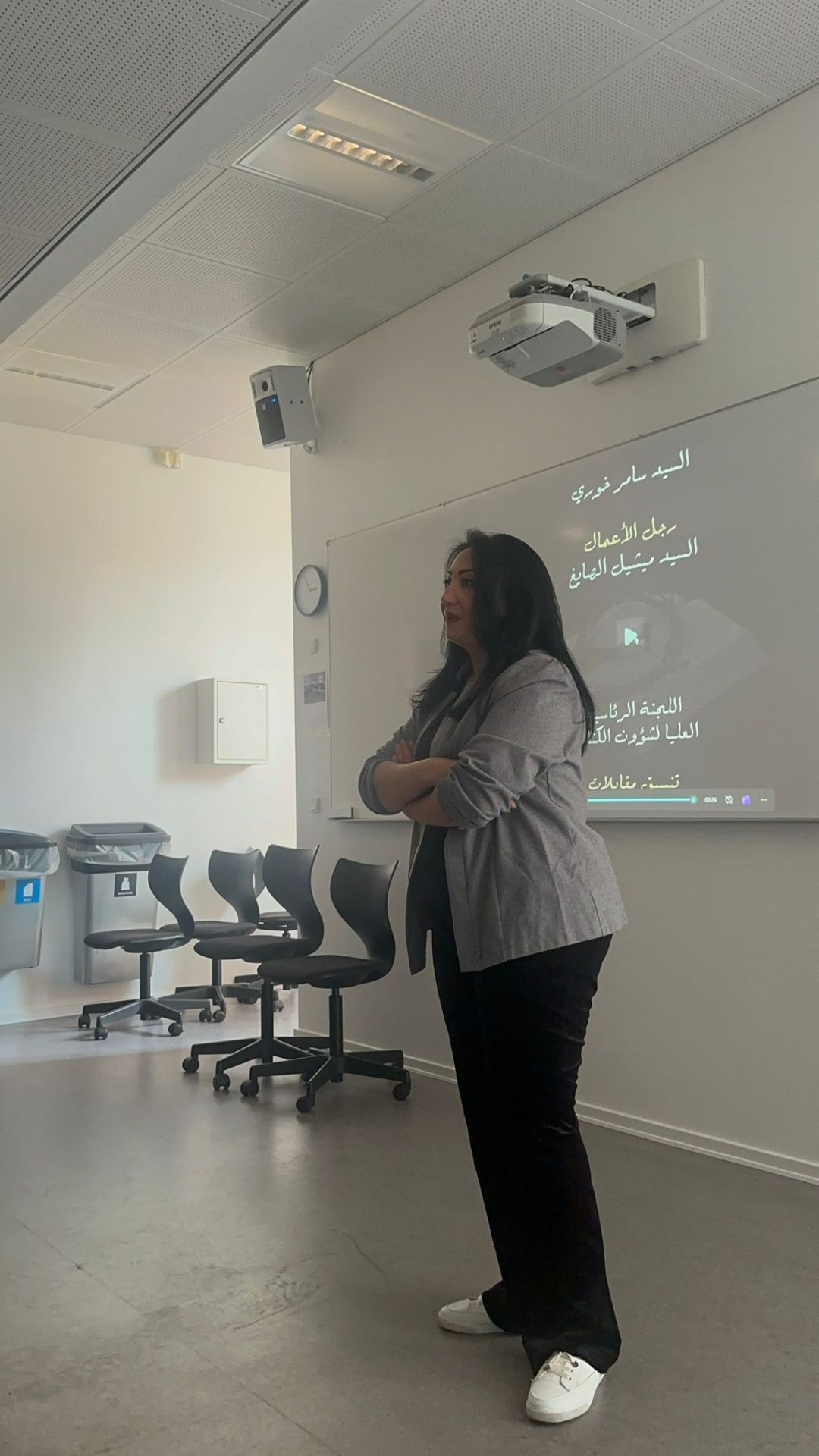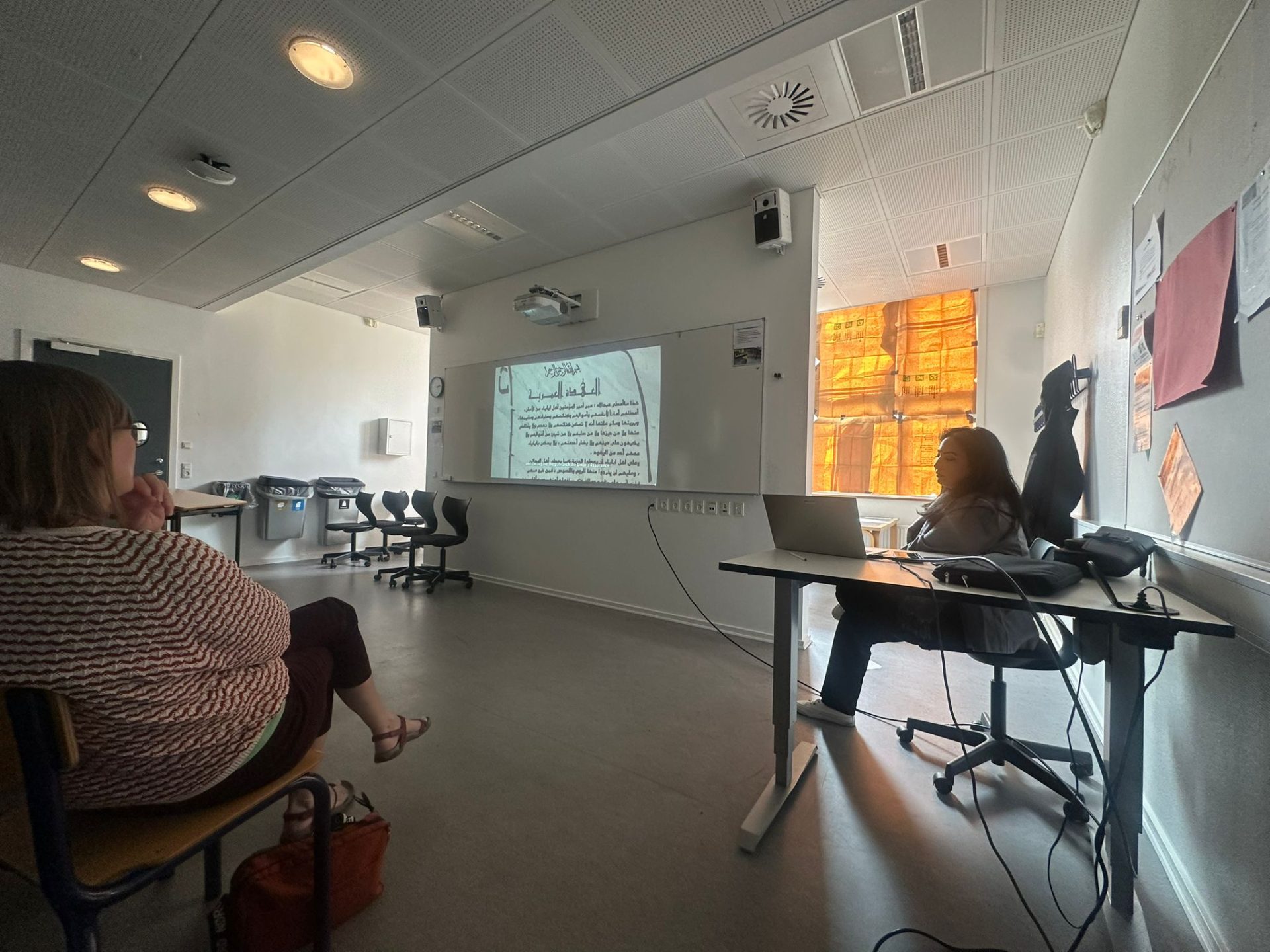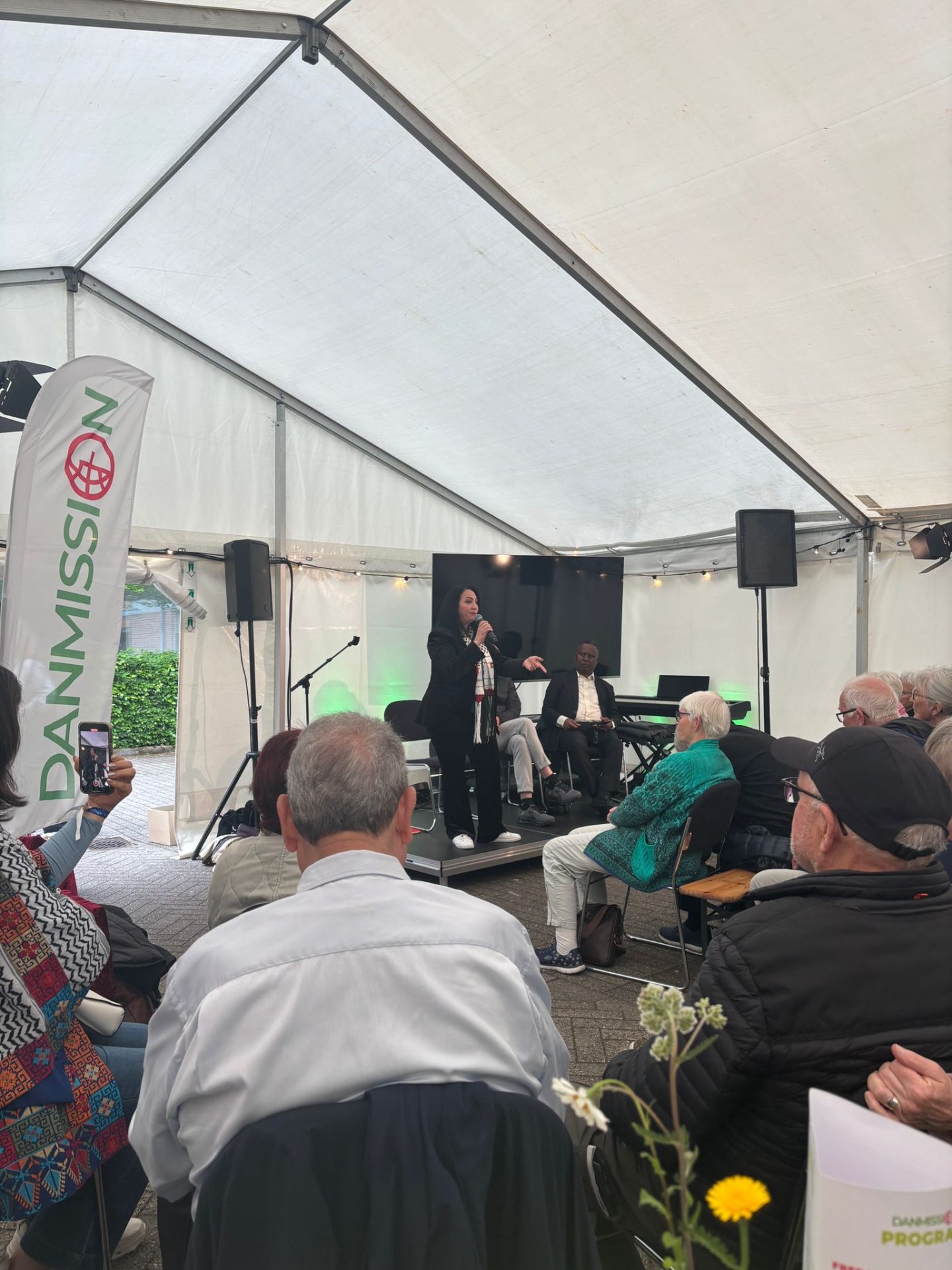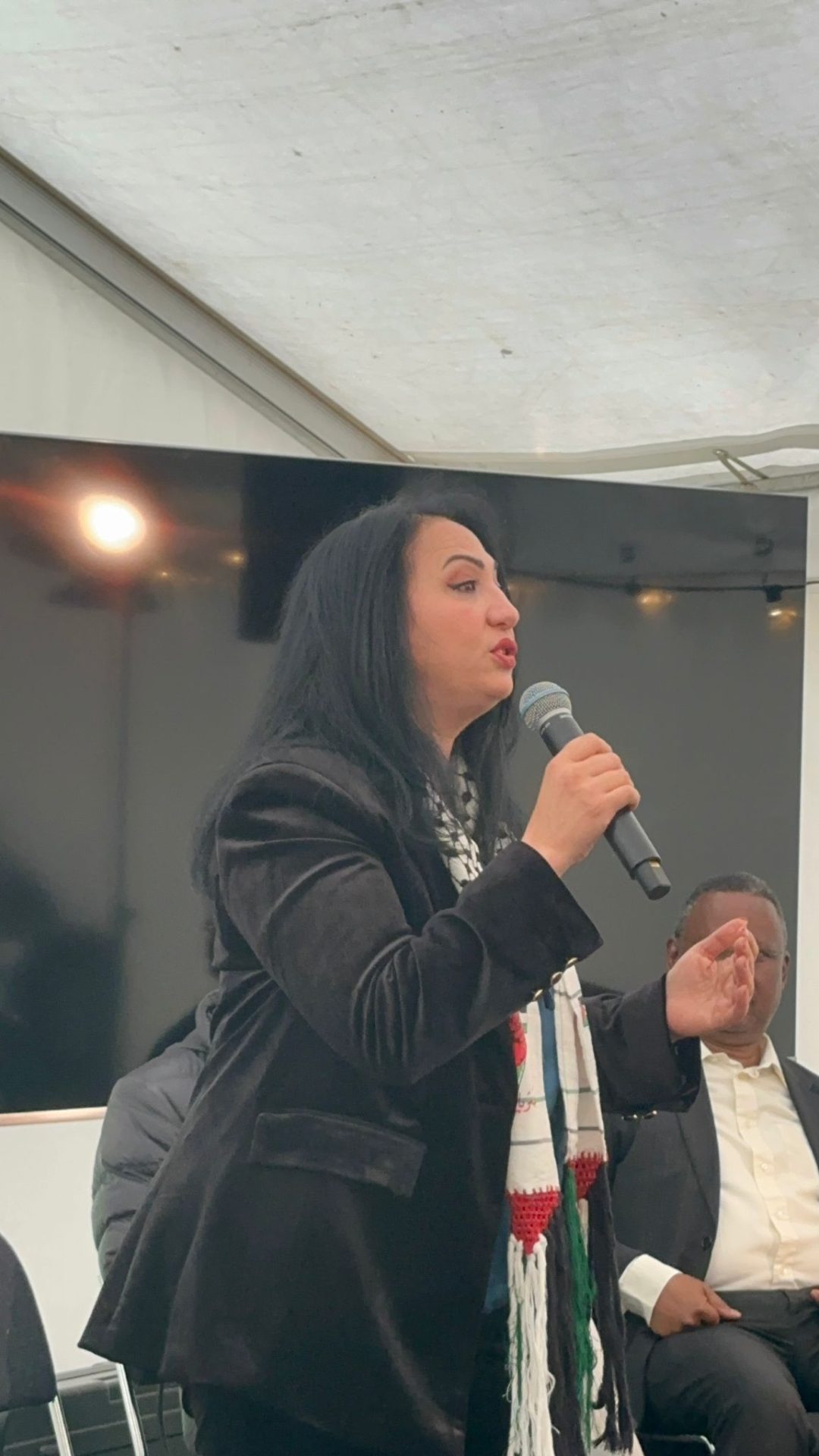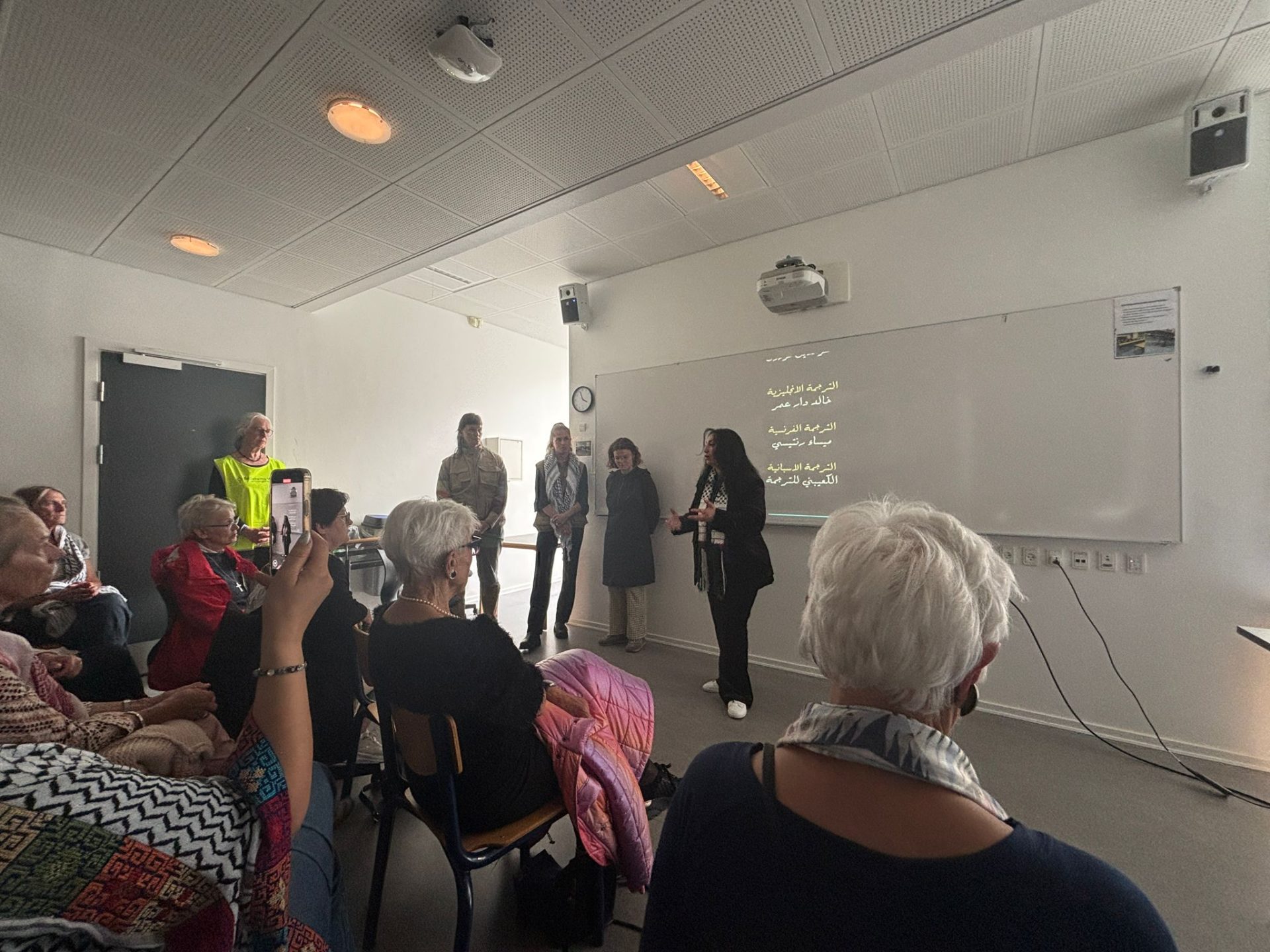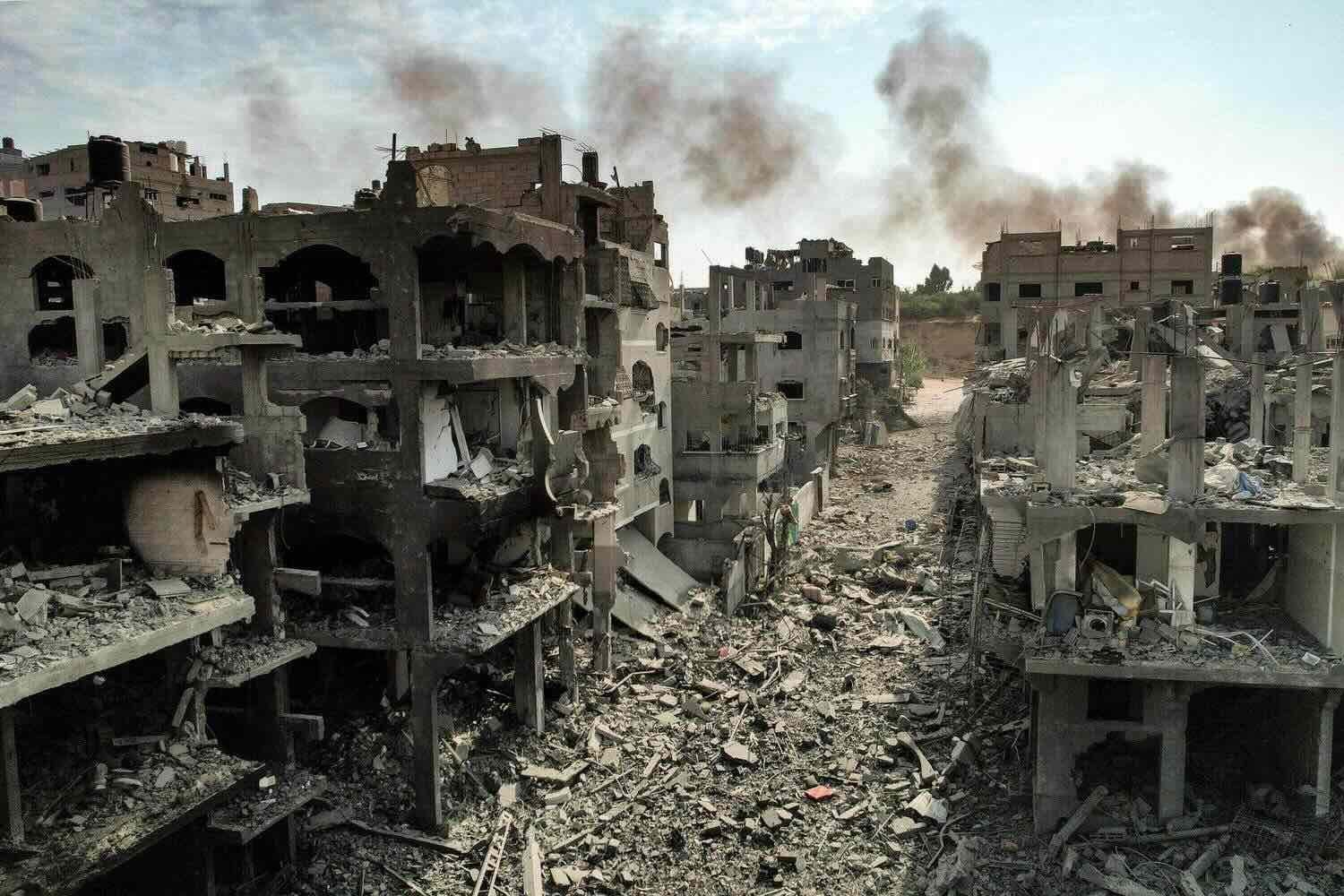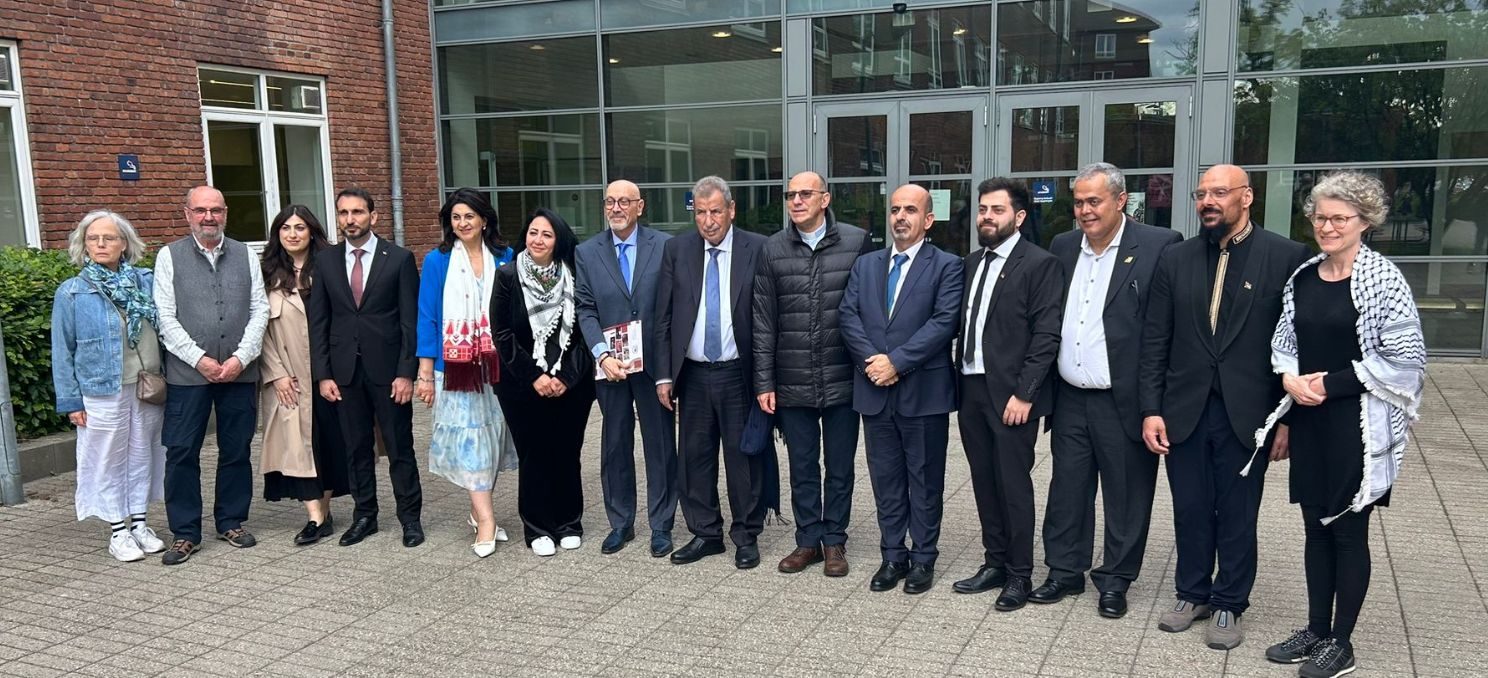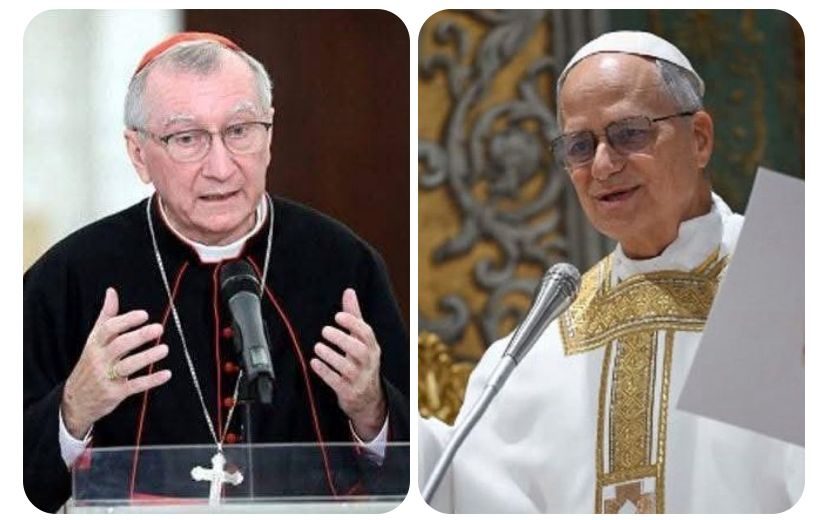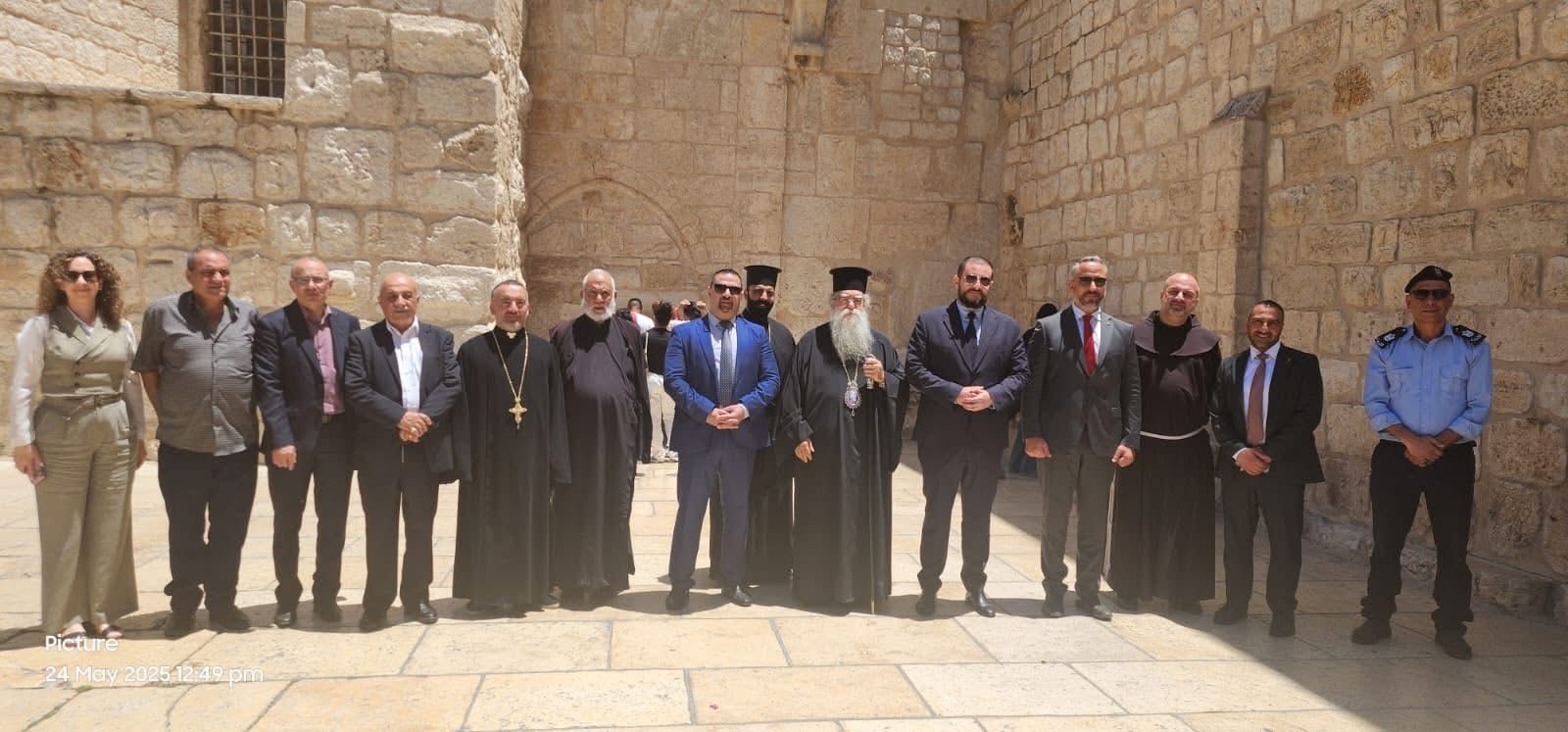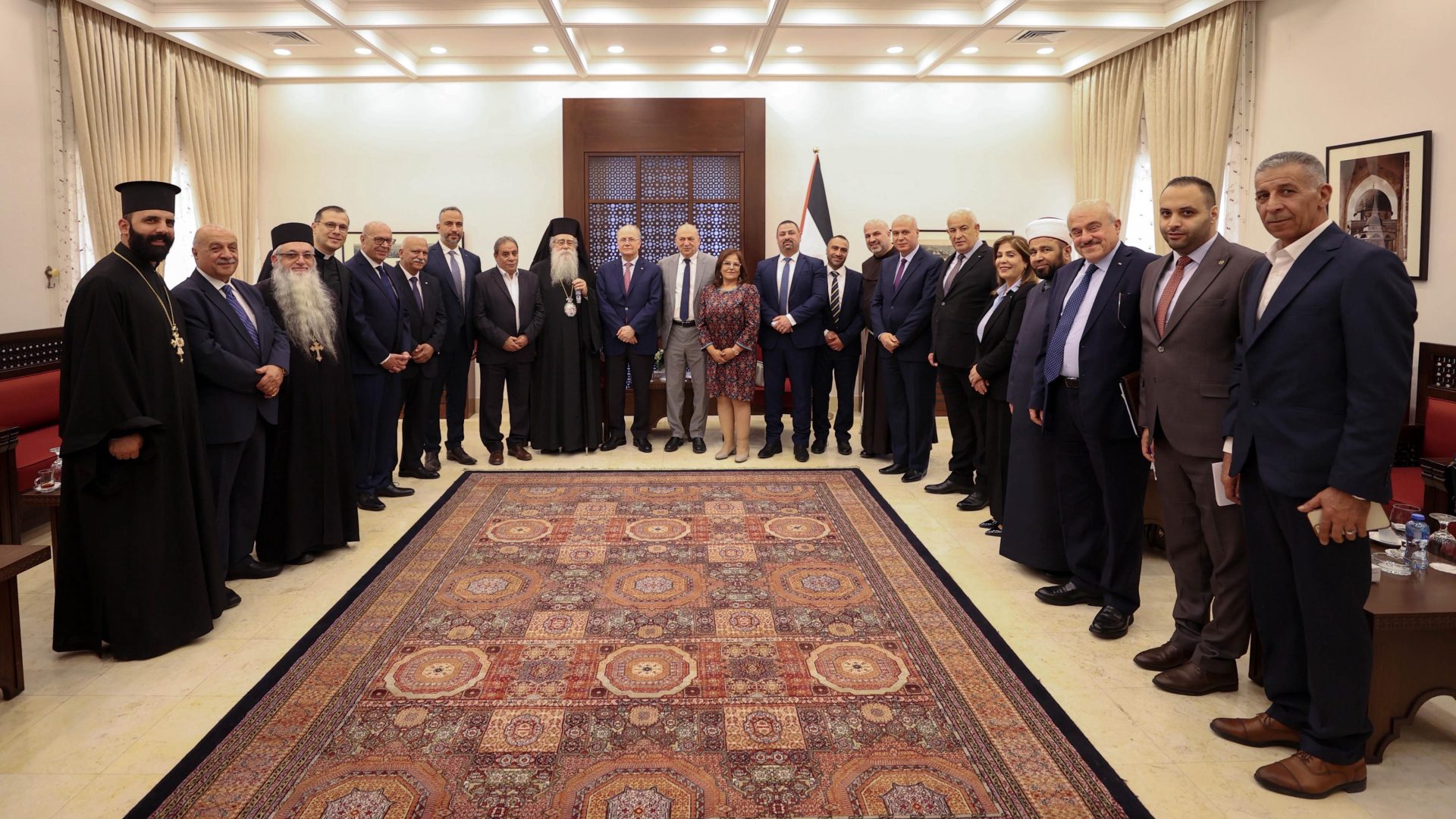“Heavenly Days” Festival: A Powerful Presence by the Higher Presidential Committee for Church Affairs in Palestine, Dar al-Kalima University, and the Palestinian Christian Voice
At the heart of this year’s “Heavenly Days” Festival in Silkeborg, Denmark, Palestine emerged as a central focus, with a strong and meaningful presence by the Higher Presidential Committee for Church Affairs in Palestine, in coordination with the Friends of Bethlehem Foundation. The international festival, held every three years at the initiative of the Evangelical Lutheran Church and various civil society institutions, is one of Europe’s foremost platforms for theological and social discourse.
The festival’s opening featured the participation of Dr. Ramzi Khouri, member of the PLO Executive Committee and Head of the Higher Presidential Committee for Church Affairs in Palestine, marking a significant moment that underscored Palestine’s official and spiritual representation on the international stage. The Palestinian cause took center stage in panel discussions, addressed through various lenses, including religious, theological, and humanitarian perspectives. Participants shed light on the ongoing Israeli occupation, settler-colonialism, and severe human rights violations, particularly in the besieged Gaza Strip.
Ambassador Amira Hanania, the Committee’s representative in Europe, took part in several lectures and discussions, affirming the urgent need to preserve and strengthen the indigenous Palestinian Christian presence, especially as Christian communities and holy sites face escalating threats and violations.
In a stirring address from the festival stage, Ambassador Hanania issued a call to churches worldwide, urging them to adopt concrete positions and take meaningful action. She warned against the manipulation of scripture to justify violence or normalize the machinery of war across Gaza and Palestine.
“God’s word must never be used to justify occupation or conceal atrocities,” she declared. “The Church must be the voice of conscience, not an instrument of silence or complicity. What we need is a faith that gives rise to justice, not scripture exploited to entrench oppression.”
A highlight of the festival was the two-day screening of “Via Dolorosa”, a Palestinian documentary directed by Ambassador Hanania, shown as part of the Palestinian Film Festival accompanying the main program. The film chronicles the historical and ongoing suffering of the Palestinian Christian community, focusing on the systemic violations endured under Israeli occupation, particularly in Jerusalem and Gaza. With themes of injustice, denial of religious freedom, and persecution, the film delivered a deeply moving narrative, bringing the voice of the Church into public dialogue. Audience response was overwhelmingly engaged and empathetic.
Dar al-Kalima University made a strong contribution to one of the festival’s headline panel discussions, represented by its founder and president, Rev. Dr. Mitri Raheb, alongside South African anti-apartheid figure Rev. Frank Chikane and Palestinian
artist Rana Al-Batrawi, director of the university’s Gaza branch and a survivor of the most recent Israeli assault on the Strip.
Rev. Dr. Raheb spoke passionately about the need for a new “Post-Gaza Theology,” urging churches to reexamine their mission in light of the ongoing massacres.
“Christian Zionism empties Christ’s message of its meaning,” he said. “A faithful church stands with the oppressed, not with the colonizers.”
Rev. Chikane delivered a stark warning to churches worldwide:
“A church that remains silent today repeats its failure under apartheid. What’s happening in Palestine is colonialism and apartheid, and it must be named clearly for what it is: genocide that must end.”
Closing the session, artist Rana Al-Batrawi shared a powerful personal testimony from Gaza.
“Gaza today stands on the edge between life and death. Yet despite everything, we still dream, we still love, and we still create art. My voice here is the voice of every mother, every child, and every artist living under fire.”
The participation of the Higher Presidential Committee alongside academic and cultural Palestinian institutions affirmed that Palestine is not merely a conflict zone, but a just and moral cause. From the land of Christ, a call for justice was raised, echoing through Europe’s halls of faith and intellect.
From the “Heavenly Days” Festival in Denmark, Palestine lifted its prayer to the world:
“Do not let justice be crucified again.”

